Is there a root cause for the Kashmir issue that needs to be addressed?

Srinath is the Founding Editor of The ArmChair Journal. Currently at the University of Chicago, he is also an alumnus of IIT Madras, Ashoka University, Rishihood University and Purdue University.
Under the just lit fluorescent street lights and in the midst of a busy city bus stop at Mehdipatnam in Hyderabad, I was once slapped in my face by a person whose religious identity I did not know. After slapping me twice, the person warned me saying, “Hyderabad musalmaanon ka hein…Hyderabad mein muslamaanon hi rehna hain” (Hyderabad belongs to Muslims, only Muslims should live here) and left. I did not know how to react. I have also heard of enough experiences shaped by communalism from all sides.
Like individuals, nations have memories, all good, bad and ugly. While some of them may be internal, like the JP’s movement of the 1970s, or the Anna Hazare’s satyagraha to fight corruption, or the mass gatherings to protest the Delhi gang rape incident in the recent past, some other memories like India’s insult at the hands of Chinese in 1962 are related to external affairs. The former informs us about our journey and what we are made of, while the latter helps us estimate who could be our friends and foes in international diplomacy. In some ways, an issue like the Kashmir issue is shaped by both internal and external experiences. What we may want to see as internal, are also external, and vice versa. These memories define our collective experience and hence the character of our nation.

In this context, an attack like the Pulwara attack is a direct attack on state’s capacity to monopolise violence, and attracted mass attention both on electronic and social media along with pursuit of different agendas like celebrating the dastard act on one hand, and also targeting Kashmiris across the country on the other. Since these responses inform us about the character of our nation, as always, we need to analyze it with a little detail.
What’s The Root Cause?
In a democratic nation, it is inevitable that parties compete to present people with worldviews which can help them shape a better future. Once the options are offered, people are expected to make a choice in view of both the individual and the collective good. One of the ways of arriving at something that offers a better future is by looking at the past to identify any evil, or injustice, and correct it, if any. In such cases, the future is expected to be the status quo minus ‘evil from the past’. Hence, it is a rational tendency for any democrat to look at the root cause of any present issue and address it. In the course of competition to offer solutions, political parties tend to interpret history and also the evil in them.
However, it is possible that under the pressure of competition, truth of history is tampered, or stretched beyond what the situation might actually have been. It may take the form of selectively picking events to match their version of truth, or delegitimising certain phenomena which might debunk one’s articulation of truth. Also, how far one looks into the history to catch the evil, might also differ. For instance, a conservative party like the Bharatiya Janata Party might glorify the ancient period, or proclaim the reasons for degradation of contemporary India as due to muslim invasions, while another party like the Indian National Congress might extract their ideals from the freedom struggle and preserve their ideals in icons like Jawaharlal Nehru to light the path towards future. History is the same, but the focus areas differ.
Hence, any democratic solution to address a present tragedy inevitably involves looking back into the past. For an issue as large as Kashmir, it appears as if the ghost rises from the grave time and again. Different versions interpret the ghost to be different. While some argue that the opinion of mainland India is shaped by the state propaganda and so, delegitimise it by detaching it from truth, some argue the influence of Pakistan in shaping the public opinion of Kashmir. Some also try to trace the reason for turmoil to be in the DNA of Islam itself as a religion unfit for modern times- as a religion which carries a sword in one hand, and Quran in the other. Some others argue for the self-determination of Kashmiris for peaceful settlement of the issue, while some trace the reasons in modernity and militarism of nation-states. Some call for an open proclamation of identification of Islamic terrorism as an over-arching phenomenon to be addressed. Some justify the human rights violations under the idea of preserving law and order, and also the presence of army for national security reasons. Some hold the US intervention and cold war politics to be the origins of terrorism and Kashmir issue, while some others hold the nature of partition and the two nation theory.

All in all, we cannot pinpoint to where the root cause is! Is it in modernity, or terrorism (both of state and religion), or religious nationalism, or militarism, or communalism, or partition of India? The causes are perhaps more assimilated and harmonically bonded than the Hindu-Muslim unity of modern Indian nation.
As per the cause identified, the prescribed solutions also vary. Some call for a softer presence of state, while some seek for stronger state presence to preserve its monopoly over violence and in view of national security. Some also call for a plebiscite as per the UN resolution, though the demographics of the region have changed substantially. Some have even called for peaceful boycott or violent targeting of Kashmiris. Some critiqued the Indian state saying it wants Kashmir, but not Kashmiris. An emphasis has also been made to look at Kashmir as a political issue as the state policy has been failing, thereby, calling for talks between different stakeholders. But more questions arise. To what extent can we identify Pakistan as a stakeholder, and if plebiscite is an option, how do we deal with the changed demographics? And many more related to practicality and legitimacy of stakeholders.
Humanity Over Politics
Attribution of a single cause to the issue is complex because democratic politics are sometimes ephemeral. The political changes are influenced both by structural parameters like political economy and political system, and also incidental parameters like the people in power and political urgency. As an unintended consequence, democratic politics also fetishize the number of votes and mistake democracy for rule of majority, rather than an attempt for consensus building.
For instance, the faultlines in representative democracy could be seen as an important aspect in the partition of erstwhile Andhra Pradesh to form Telangana State, as the national politics and political opportunity preceded any empirically measured democratic will of the local people. To resolve Kashmir issue by identifying the historical root cause is to mistake the ephemeral nature of politics as a historically determinant condition. To call Kashmir a political issue, is to resort to some kind of historicism, which deviates us from losing sight of appealing to the basic humane-ness in resolving conflicts. Where an issue could be found in almost anything and everything, only appeal to humanity could be an option towards resolving anything. The condition imposed on us is not determined by history, it is embedded in this moment and in humanity.
When Gandhi visited the city of Calcutta during riots in 1947, it was in loot, murder and breakdown of all kinds of law and order. Gandhi’s appeal to humanity got the ferociousness to a halt in a matter of 2-3 days. Gandhi’s politics had always been unconventional and humanitarian. What the British administration tried with millions of soldiers in other areas of turmoil like Punjab, a single man could do, by restoring faith in humanity. Such politics do not game the truth and mire it in perspectives, nor do they ‘Other’ each other. It demands that the individuals must find the truth on their own, and empowers them to think on their own, rather than being mere agents and participate in the evil. But this requires keeping humanity at the centre before we talk of anything on the matter. It calls for a leadership both from Kashmir, and from Delhi to negotiate on such terms.
By restoring humanity as the basis, it confines historicism and the politics associated with it to a place where it is worth and sets a common starting point for dialogue to take place. While political dialogue would start once the stage is set, what sets the stage is an appeal for humanity.
May be we must remind ourselves of Sheikh Abdullah’s words on the eve of Gandhi’s death: “Although Gandhiji is no more, Kashmir will follow him for ever. Kashmiris are laying down their lives for Gandhiji’s ideals. As long as a single Kashmiri is alive, the torch of truth and unity lit by Gandhiji will burn brightly.” What Vajpayee tried to do, has the Prime Minister Narendra Modi got credibility to repeat? Sometimes things that happen in history defy all logic, both for good and for bad. As Tagore envisioned, shouldn’t humanity be the defining character of any nation?
(This article was originally published by Srinath on YKZ in the aftermath of Pulwama attacks)


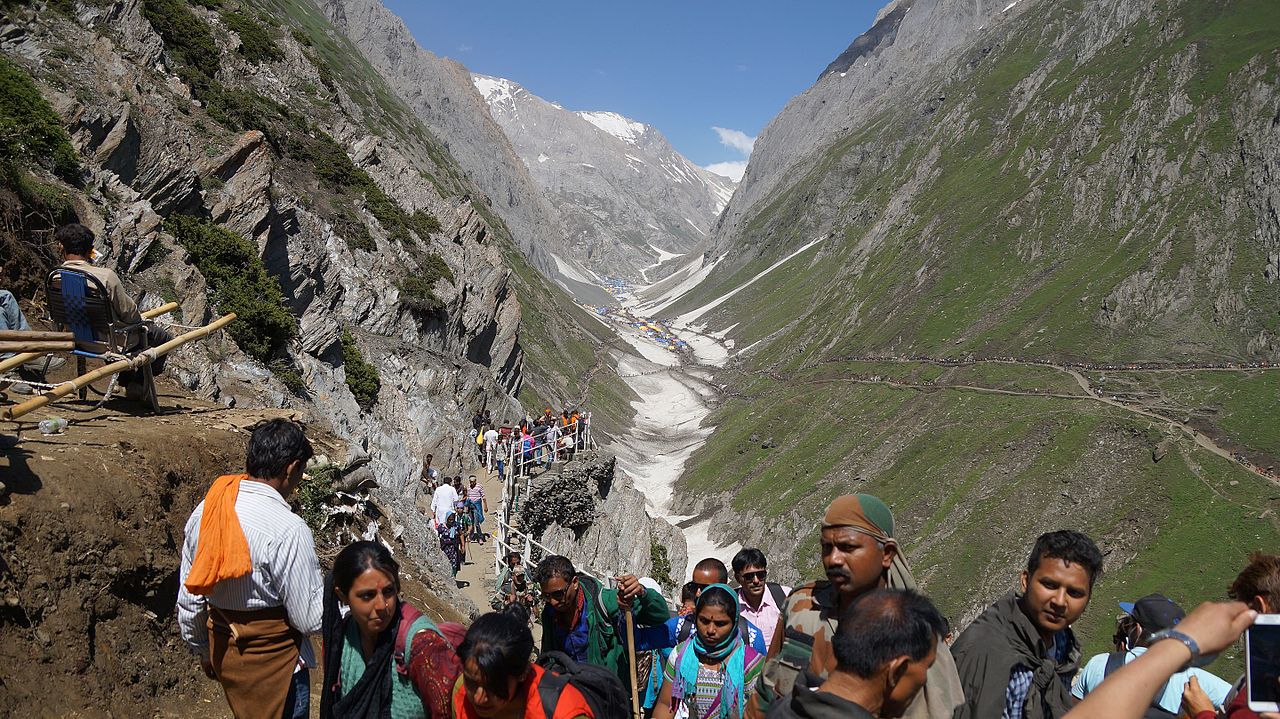
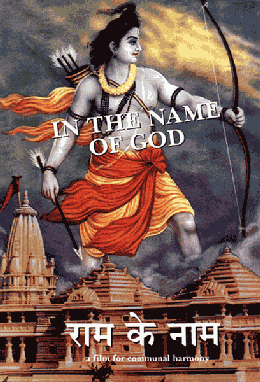
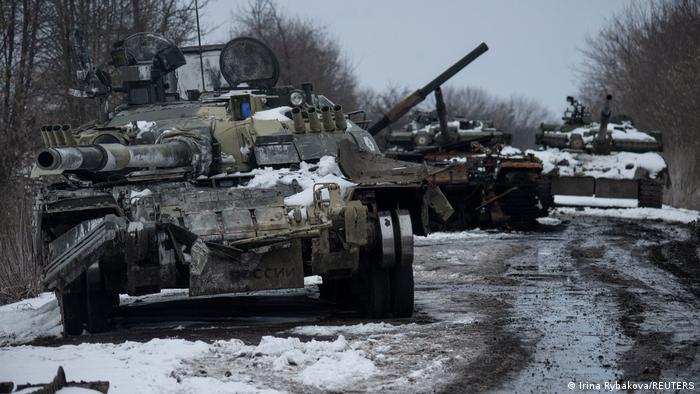

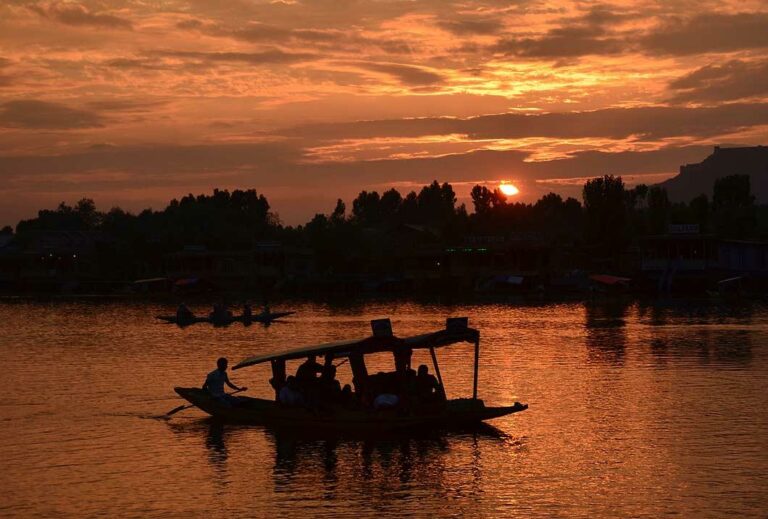
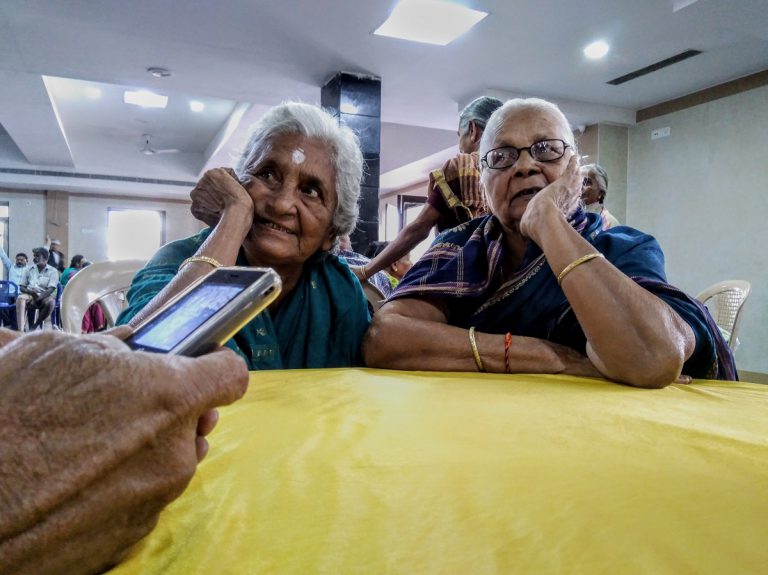
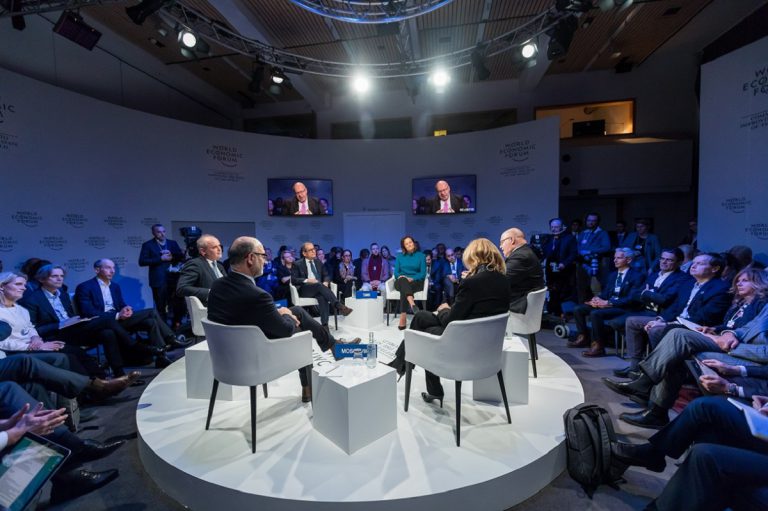
Readers' Reviews (5 replies)